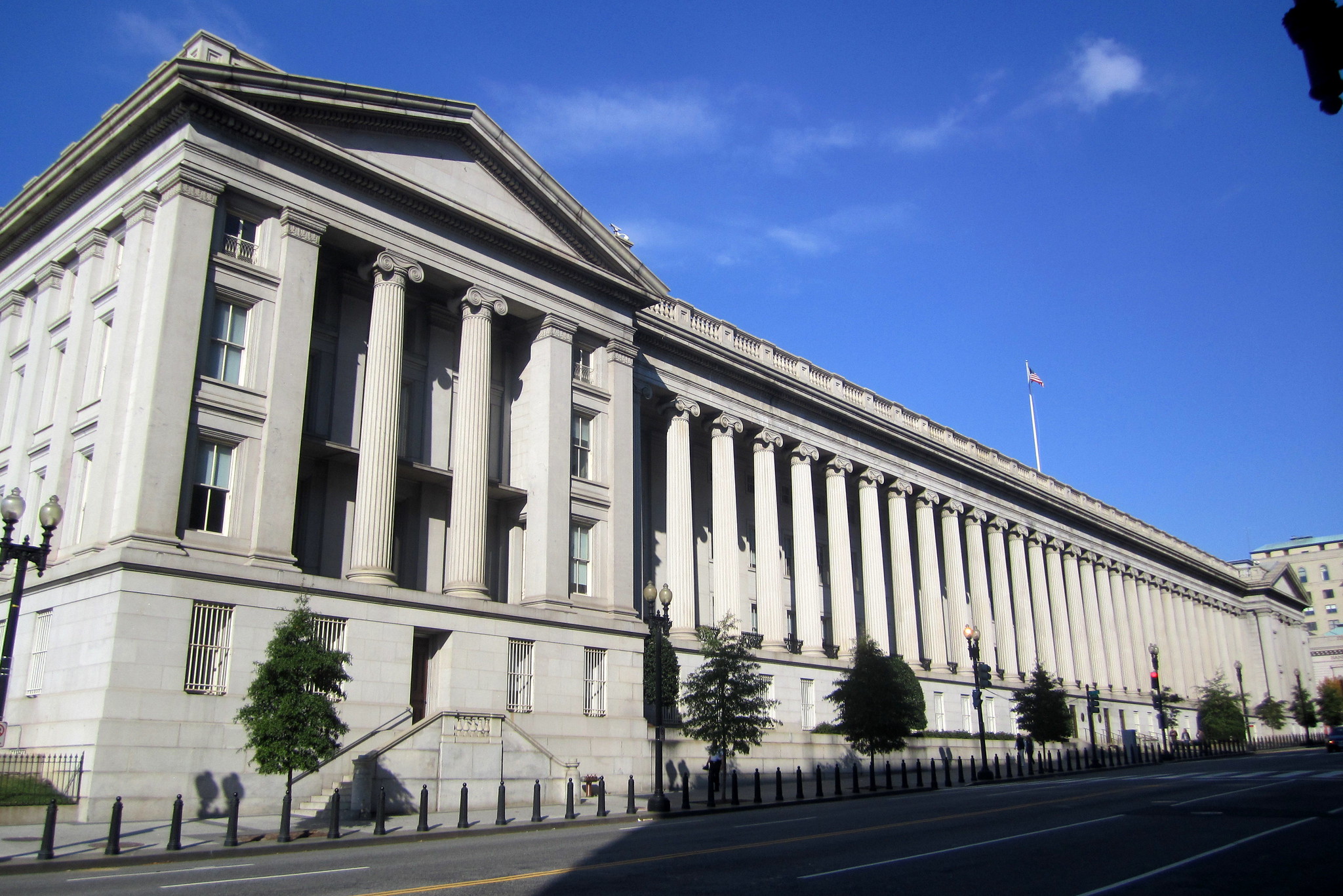Subscribe to Zero-Sum Pfear & Loathing



(TheDigitalArtist on Pixabay, Public domain)
by John Kiriakou | Aug 28, 2023
When I was arrested and charged with espionage in 2012 after blowing the whistle on the C.I.A.’s torture program, I accepted that my world was falling on my head. Friends walked away. Even relatives told me that they didn’t want to have anything to do with me anymore. And as if I didn’t have enough to worry about, like facing 45 years in prison, there were several other indignities that I hadn’t expected.
First, USAA, with which I had done business for 22 years, canceled my car insurance, my homeowners’ insurance and my credit card. When I called to ask what in the world was going on, I was told directly and clearly, “We don’t do business with felons.” That was despite my not yet being convicted of any crime.
The news only got worse for me from there. Bank of America closed my checking account with no notice and mailed me the balance. Why? Because they don’t do business with felons either.
Friends who had remained loyal banded together in the weeks after my arrest to organize a defense fund. They collected donations via GoFundMe and tried to open a bank account to hold the money. They were turned down by Wells Fargo, United Bank, M&T and every other bank they went to.
Why again? Because they don’t do business with felons. They were eventually allowed to open an account with a local credit union that had never heard of me and apparently didn’t care about doing business with yet-to-be-convicted “felons.”
I didn’t get any special treatment in 2012. It wasn’t like the national banking system had it out for me personally. This kind of thing happens all the time to people all across America. But the system is opaque, it apparently answers to no one, and there doesn’t appear to be much of a recourse if it happens to you.
Last year, Christina Blanton of Chicago, who had banked at Bank of America for 17 years, suddenly found her account suspended. After getting the runaround from the bank’s toll-free number, one operator finally told her simply, “We decided to close your account.” A bank official with whom she spoke subsequently said, “It was a business decision.” That was it. There was no further explanation.
To make matters worse, Blanton was facing surgery for thyroid cancer. The bank not only closed her account, it confiscated the money in it. Only after a local news station reached out to the bank did it return Blanton’s money to her. Bank officials never apologized. And they never refunded the three months of maintenance fees they assessed her for having an “inactive account” while it was frozen.
Naafeh Dhillon was a student at New York University in 2013. When he moved to New York from his native Pakistan, he opened a checking account at Chase Bank. He also applied and received a credit card. But one night, when out with friend, and with no notice, Chase closed his checking account, confiscated the money and canceled his credit card. There was no warning or red flag. And he was given no explanation. He eventually got his money back, but the bank never allowed him to reopen his account or to open a new one.

U.S.Treasury Department in Washington. (Wally Gobetz, Flickr, CC BY-NC-ND 2.0)
Banks, as it turns out, are legally within their rights to do this to people. It’s all in the name of “national security.” Banks are compelled by law to report any activity by depositors that they deem to be “suspicious or potentially illegal.”
Banks must file a “suspicious activity report” with the Department of the Treasury saying that they believe they have spotted suspicious activity. Failing to do so could subject the bank to all sorts of federal penalties.
But only 4 percent of the 1.4 million “suspicious activity” reports filed by banks in 2021 merited follow-up by law enforcement, according to a 2018 study from the Bank Policy Institute. And very, very few of those genuinely pointed to criminal activity.
The bottom line, then, seems to be that as banks bend over backward to ensure that they are in compliance with federal law, they steer away from felons, or even accused felons and, occasionally, innocent people get caught up in the policy.
But that’s simply not the case.
Why, for example, is a lawyer for the U.S. Virgin Islands accusing JPMorgan Chase of transferring more than $1.1 million in payments from convicted child sex offender Jeffrey Epstein to “girls or women” for years after bank executives said they had dropped Epstein as a client? If so, where was his suspicious activity reports? Answer: banks apply the federal law discriminately.
There’s an easy solution to all this. It’s called regulation. First, unless a person is convicted of a serious financial crime or something involving bank fraud, for example, there is no reason on earth for a bank to close the account and sever their relationship. They should be prohibited from doing so. And second, there must be controls on fallout from suspicious activity reports.
It’s one thing for a nameless, faceless bureaucrat to say, “Hey, this guy just got a $10,000 money transfer from Yemen.” It’s an entirely different thing to arbitrarily harm an innocent citizen. Congress must step up and right this wrong.
John Kiriakou is a former C.I.A. counterterrorism officer and a former senior investigator with the Senate Foreign Relations Committee. John became the sixth whistleblower indicted by the Obama administration under the Espionage Act — a law designed to punish spies. He served 23 months in prison as a result of his attempts to oppose the Bush administration’s torture program.